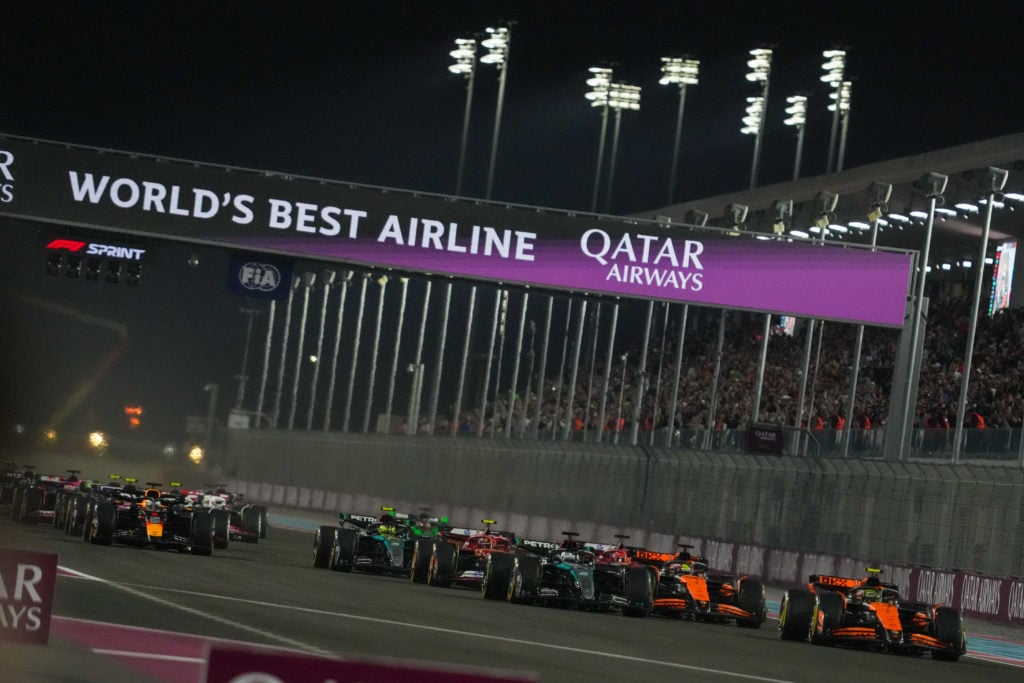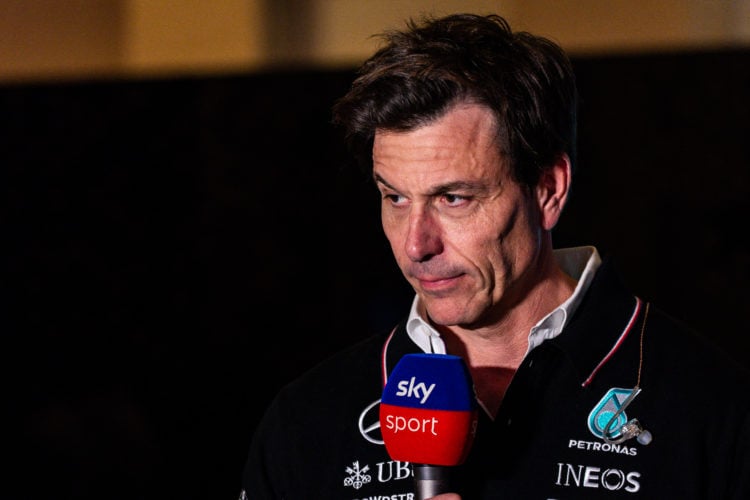Formula 1 undertook its longest season in the history of the championship in 2024, when it contested 24 races across five continents.
The increase in two races compared to 2023 came after the addition of the Chinese Grand Prix, which returned after a four-year absence due to COVID travel restrictions, and the Emilia Romagna GP which was cancelled in 2023 due to severe floods in the region.
Although the season largely went along without any major hitches, there were a few drivers nursing illnesses towards the end of the season.
Nico Hulkenberg took ill over the Las Vegas GP weekend which caused him to miss media day, while his Haas teammate Kevin Magnussen was also forced to miss the Brazilian GP due to illness.
Max Verstappen predicted illness would be a big issue, while Toto Wolff has also now highlighted fatigue as one of the main issues affecting teams when speaking to Austrian news station ORF.
Toto Wolff highlights ‘cruel’ F1 calendar needing to change
F1 went on a run of two triple-header races for the final six of the season. This meant there were two occasions where there was three Grands Prix in successive weekends.
As F1 ended its travel across North America in Las Vegas, teams had to deal with the cold conditions in Nevada along with tricky timezones as the race was largely held in the middle of the night.
“I recently spoke with Helmut [Marko] about Las Vegas. It was really cruel, because you only see daylight for a few hours before you go to bed and don’t know when to eat. Everyone tackled it differently, but that affects your rhythm so much that it is difficult to recover from it,” said Wolff.
“It’s all over the limit and we still travel comfortably. The mechanics travel economy class and are constantly busy setting up and dismantling, so they have it even harder. You can see from all faces that it doesn’t last long this way.”

Formula 1 makes more regional grouping changes for 2026
Several deals about the future of some races have been announced for the 2026 season and beyond, with the Canadian GP now moving to May and Monaco to early June.
This means the regional grouping for each race makes a bit more sense, as F1 will start off in Australia and then move to the Middle East, before taking on Asia and the first leg of the US at the beginning of the season.
| Region | Races |
| Oceana/Middle East | Australia/Bahrain/Saudi Arabia |
| Asia | China/Japan |
| North America | Miami/Canada |
| Europe | Monaco/Spain/Austria/Great Britain/Hungary/Belgium/Italy |
| Asia | Azerbaijan/Singapore |
| North America/South America | US/Mexico/Vegas/Brazil |
| Middle East | Qatar/Abu Dhabi |
Previously teams had to move between Asia, Europe and the US at the start which took its toll on spare parts and personnel travelling.
The European season will now be more standalone ahead of the flyaway races at the end of the season, with Abu Dhabi set to stay as the season finale as it pays for the privilege.

